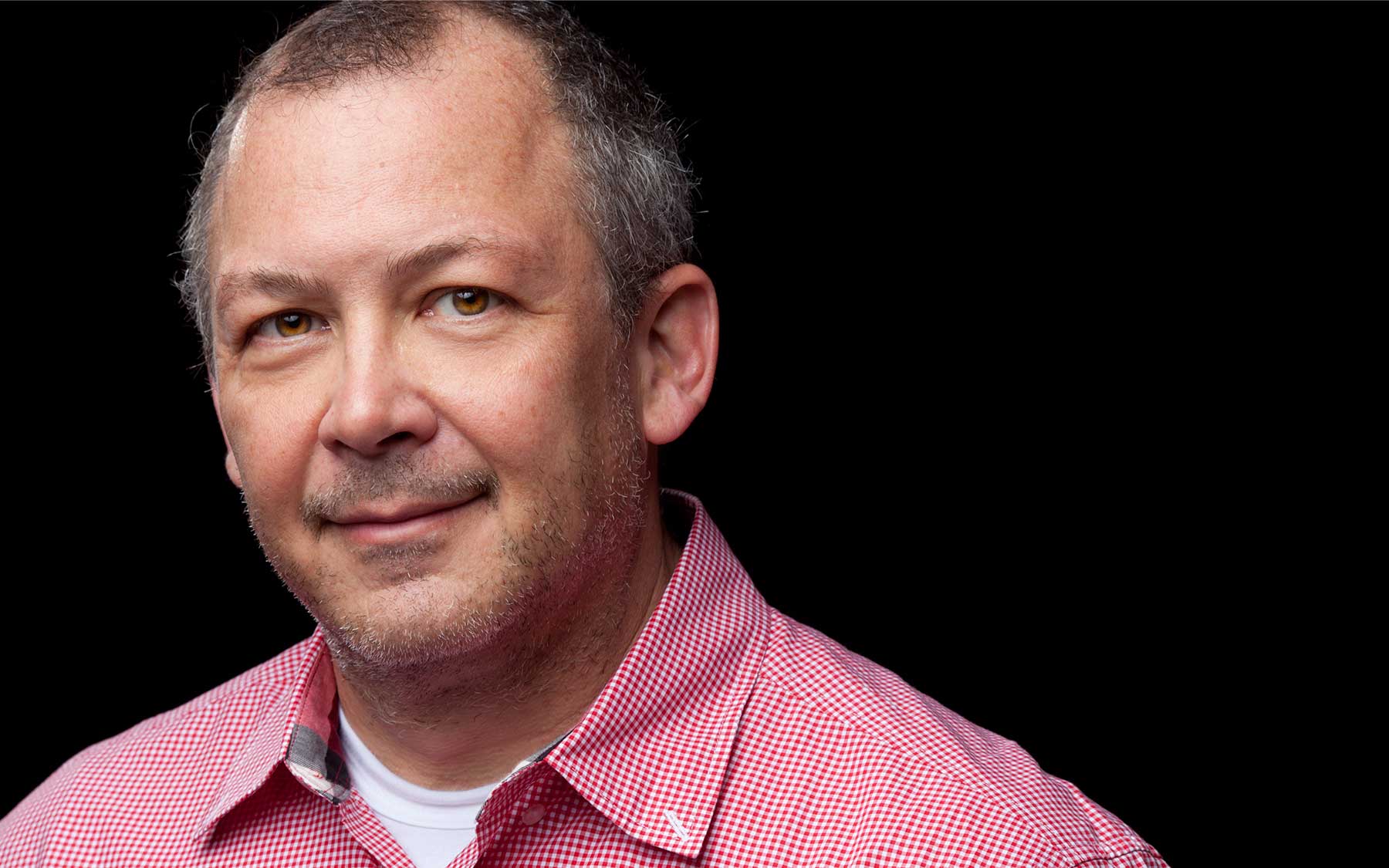Cold Spring Harbor, NY — Gregory J. Hannon, Ph.D., a CSHL Professor and an Investigator of the Howard Hughes Medical Institute, has been elected to the National Academy of Sciences (NAS), it was announced today.
Election to the NAS is among the highest honors conferred upon scientists in America. The body was formed by an act of Congress, signed by President Abraham Lincoln in 1863 at the height of the Civil War, calling upon the NAS to provide independent advice to the government on matters related to science and technology. It has done so with distinction ever since.
Dr. Hannon, a molecular biologist, is recognized the world over as among the foremost authorities on small RNA biology and RNA interference. RNAi, as it is known among scientists, is a natural cellular mechanism implicated in genome defense, in which small RNA molecules act to regulate gene expression. It has been exploited by scientists led by Dr. Hannon and colleagues for myriad purposes such as hunting for cancer genes, stopping viral infections and more recently, treating diseases in clinical trials.
“On behalf of Cold Spring Harbor Laboratory’s Board of Trustees, faculty, students and staff, I congratulate Greg Hannon on his election to The National Academy of Sciences today,” said CSHL President Bruce Stillman, Ph.D. “Thank you, Greg, for all of your contributions to scientific research and to Cold Spring Harbor Laboratory. Your election is well deserved.”
“It’s a huge honor and a real thrill to be recognized by colleagues in this way,” Dr Hannon said. “The truth is that this recognizes the work of many outstanding people in my lab over the years. I would really like to thank them and my colleagues at CSHL for creating an atmosphere in which you are pushed to do the best and most important science and can really enjoy doing it.”
Dr. Hannon has been a leading experimentalist, innovator and teacher on the CSHL faculty for years. During the past decade, his team has sought to understand the biological roles of small RNAs and the underlying mechanisms by which they operate. Hannon and colleagues, including CSHL Professor and HHMI Investigator Leemor Joshua-Tor, have identified and characterized many of the major biogenesis and effector complexes for small interfering RNAs and microRNAs, including Dicer, RISC, and elements of the Microprocessor.
In recent years, the Hannon lab has focused on roles of small RNAs in germ cells, which tend to have the most elaborate set of small RNA pathways of any cell type. The team also strives to understand the biology of cancer cells, with a focus on breast and pancreatic cancer, and on the biological mechanisms of resistance to targeted cancer treatments.
Hannon is one of 84 new U.S. members and 21 foreign associates elected today to the NAS in recognition of their distinguished and continuing achievements in original research. Also elected today were former CSHL faculty members Roberto Malinow and Louise Chow. Dr. Malinow significantly contributed to the development of the CSHL neuroscience program while Dr. Chow played a major role in the discovery of RNA splicing.
Written by: Peter Tarr, Senior Science Writer | publicaffairs@cshl.edu | 516-367-8455
